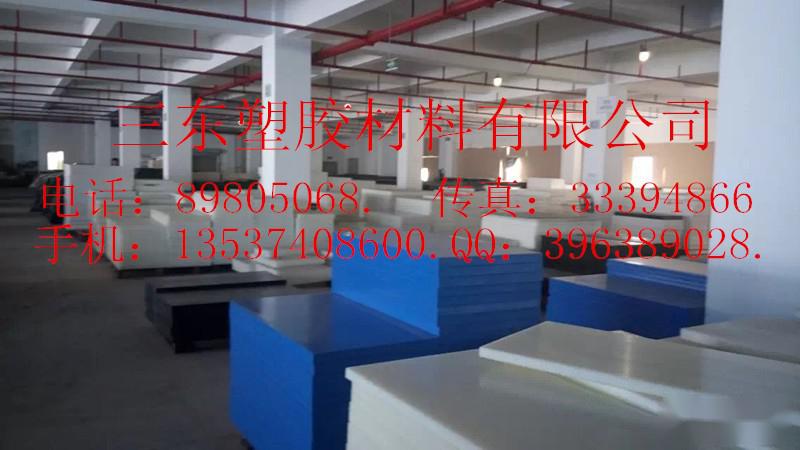Nylon, also known as Polyamide (PA) in English, is a general term for thermoplastic resins with repeating amide groups—[NHCO]—on the main chain of the molecule. Its naming is determined by the specific number of carbon atoms in the synthetic monomer. It was invented by Carothers, a chemist at the American chemical industry company DuPont, and his research team.
The nylon series is an important engineering plastic. This product is widely used, covering almost every field, and is one of the most widely used varieties among the five major engineering plastics.
1: Nylon 6 (white): This material has superior comprehensive performance, including mechanical strength, stiffness, toughness, mechanical shock absorption, and wear resistance. These characteristics, combined with good electrical insulation and chemical resistance, make Nylon 6 a "general-purpose" material for the manufacture of mechanical structural parts and maintainable parts.
2: Nylon 66 (cream): Compared to Nylon 6, it has better mechanical strength, stiffness, heat resistance, and wear resistance, but lower impact strength and mechanical shock absorption performance, making it very suitable for automatic lathe machining.
3: Nylon 4.6 (reddish-brown): Compared to ordinary nylon, Nylon 4.6 has the characteristics of strong rigidity retention, good creep resistance, better heat aging in a wider temperature range, and is used in the "higher temperature range" (80-150°C) where Nylon 6, Nylon 66, POM, and PET do not meet the requirements in terms of stiffness, creep resistance, heat aging, fatigue strength, and wear resistance.
4: Nylon 66+GF30 (black): Compared to pure Nylon 66, this type of nylon with 30% glass fiber reinforcement has improved heat resistance, strength, stiffness, creep resistance, dimensional stability, and wear resistance, with a higher maximum allowable use temperature.
5: Nylon 66+MOS2 (gray-black): This nylon is filled with molybdenum disulfide. Compared to Nylon 66, its rigidity, hardness, and dimensional stability are improved, but impact strength is reduced. The formation of molybdenum disulfide crystals improves the crystalline structure, enhancing the material's load-bearing and wear resistance.
MC Nylon, also known as Monomer Casting Nylon: It is extremely versatile and widely used. It has unique properties such as light weight, high strength, self-lubrication, wear resistance, corrosion resistance, and insulation. It is a widely used engineering plastic that is almost ubiquitous in all industrial fields.
Main Characteristics of Nylon Boards
High mechanical strength, stiffness, hardness, toughness, good aging resistance, good mechanical shock absorption, good sliding properties, excellent wear resistance, good machinability, effective control precision, no creep phenomenon, good abrasion resistance, good dimensional stability.
Application Areas of Nylon Boards:
Widely used in chemical machinery, anti-corrosion equipment for manufacturing gears and parts, wear-resistant parts, transmission structural parts, household appliance parts, automotive manufacturing parts, screw prevention mechanical parts, chemical machinery parts, chemical equipment, etc.













